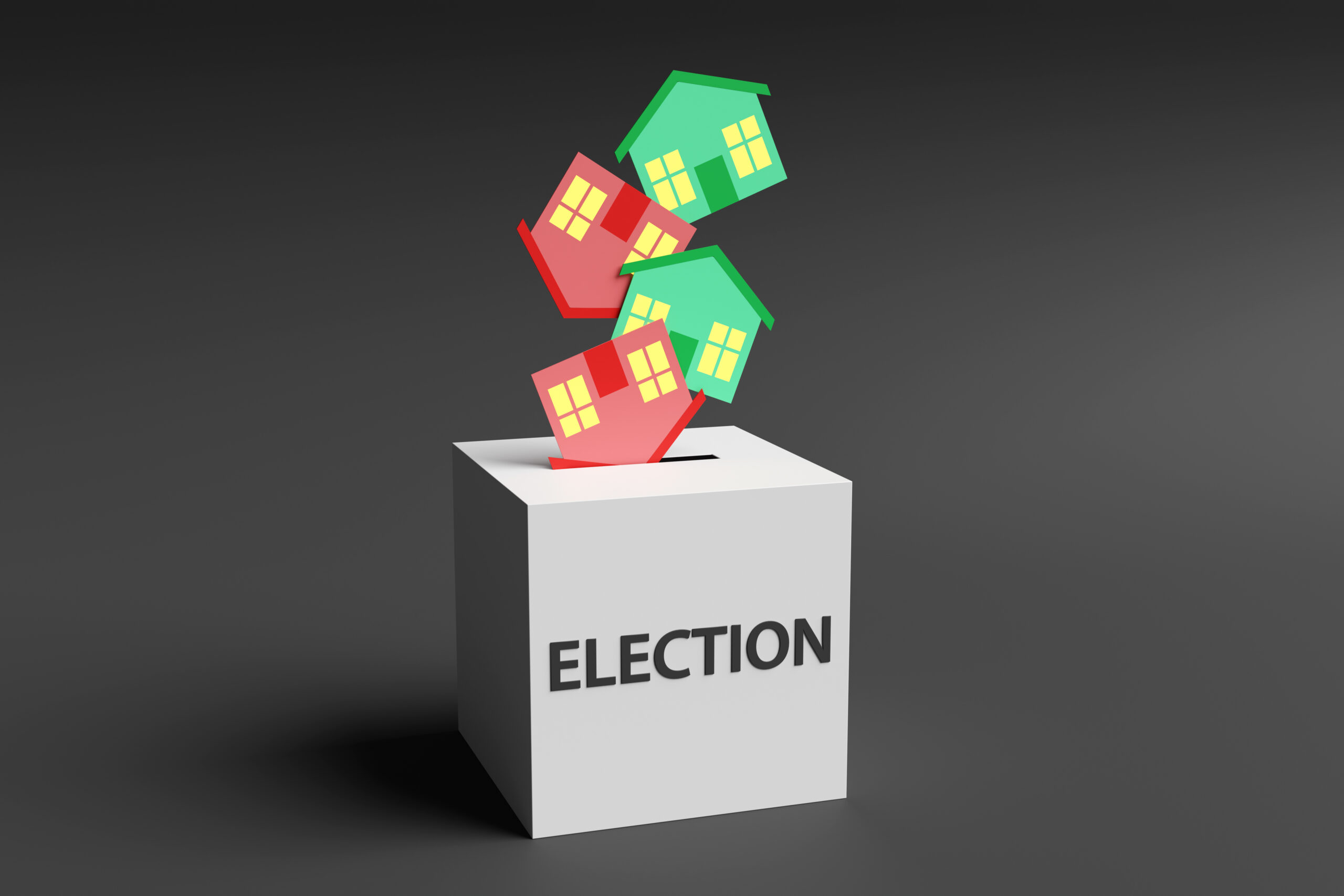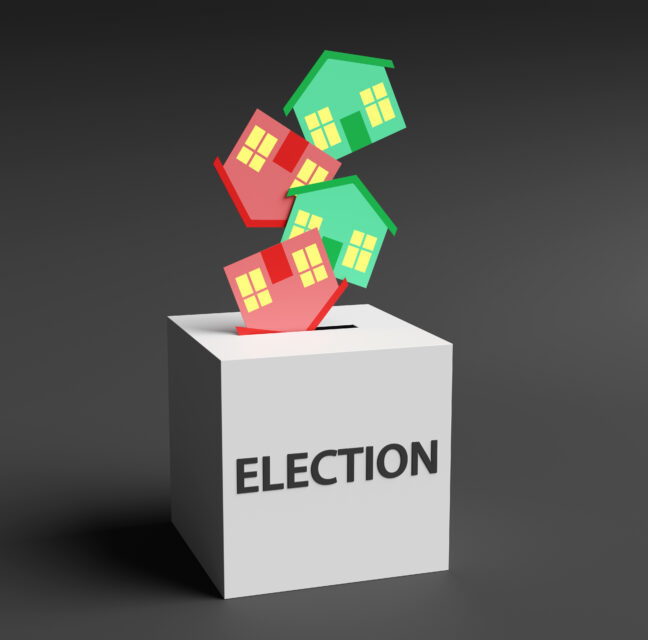
Presidential Elections And Market Timing
Presidential elections and investment markets – it’s like mixing oil and water, except instead of oil, you have trillion-dollar corporations, and instead of water, you have voters sipping coffee, glued to 24-hour news coverage. Every four years, investors brace themselves as if the financial world is about to be determined by an Olympic Gymnastics judge!
Now, you might wonder, why do elections have such an impact on markets? After all, companies don’t stop selling widgets just because a new face is moving into the White House, right? Well, markets are ruled by two powerful forces: fear and greed. And when it comes to presidential elections, fear tends to steal the show.
When you ask, “What will happen to the economy if this person wins?” you might get an answer from the TV pundits that sounds a lot like, “No one knows, but here’s an hour-long explanation of why I think the sky is falling!” This uncertainty leaves markets jittery. And jittery markets are kind of like a cat on a Roomba: they’ll overreact to almost anything, even if it’s just the furniture moving slightly. Stocks may wobble because investors start wondering if the new administration will tweak tax laws, change spending priorities, or reform regulations.
Wall Street loves stability—predictability is its comfort zone. So, when election season rolls around, investors have to weigh which candidate they think is more “market-friendly.” This basically means, “Which candidate will do the least to disrupt my portfolio’s zen state?” Whether it’s a fear of regulation, excitement about tax cuts, or hope for infrastructure spending, investors are constantly reading tea leaves to guess who’s going to win and what that means for their bank accounts.
Here’s where it gets funny: the impact of elections on investments is often like predicting the weather using a magic eight ball. Sure, people think a win by one candidate will send stocks into a downward spiral, but once the election’s over and things settle down, it’s often business as usual. In fact, studies show that the overall trend in the stock market, in the long term, doesn’t drastically depend on who’s in charge. Short-term jitters? Absolutely. But long-term growth? That’s driven by bigger things, like technology, consumer behavior, and, frankly, global events that go far beyond who’s in the Oval Office.
Let’s also not forget: when it comes to markets, perception is reality. Investors often react more to what they think a president will do rather than what they actually do. And this leads to a lot of ups and downs as people trade on vibes rather than facts. You might see stocks plummet or rally the day after an election, only for them to calm down a week later, like a dog barking at a squirrel it eventually realizes is just a mailbox.
In the end, presidential elections do shake things up in the investment world, but it’s more of a temporary tremor than a tectonic shift. And just like the weather in April, if you don’t like what you’re seeing in the market during election season, wait a few days – it’ll change. As long as companies keep making money, and people keep buying stuff, the market will keep humming along, no matter who’s answering phone calls in the Oval Office.
As always, consider working with a CERTIFIED FINANCIAL PLANNER® who will help you understand that market timing your investments around a presidential election or any other world event is no better than wagering on your favorite horse at the derby. Your CFP® will also be able to help you understand diversification, risk tolerance, dollar cost averaging, and a host of other considerations that will serve you far better than speculating on the outcome of a presidential election.






